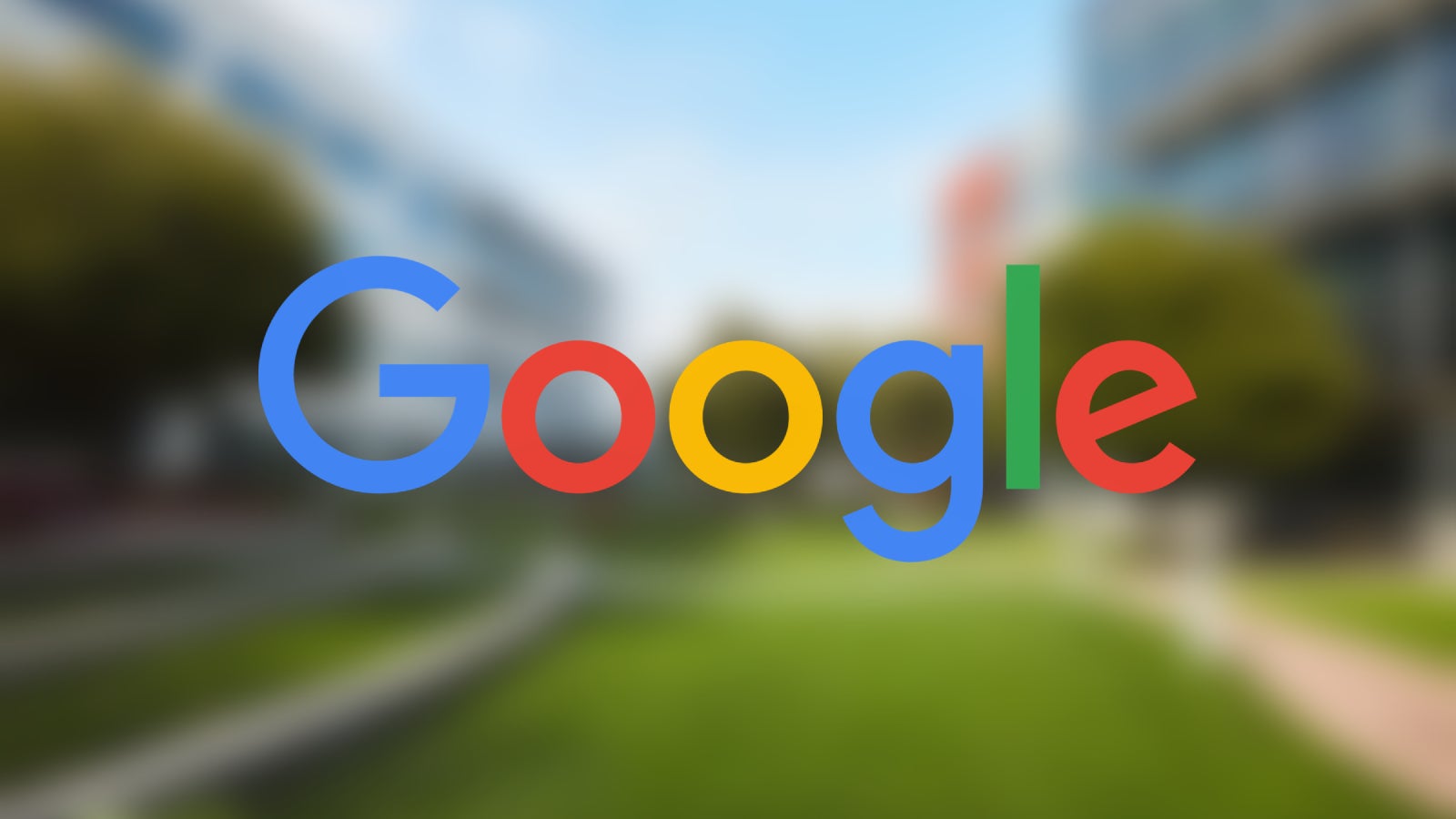Google’s Play Store empire under siege


Following the verdict, Judge James Donato is preparing to issue an order mandating several changes. The core issue is Google’s near-exclusive control over app distribution and in-app billing on Android devices, a system generating billions in revenue.
The judge has made it clear that the Play Store will need to offer consumers the option to download alternative app stores. This is a direct challenge to Google’s dominance and aims to foster competition.
While the exact timeline for these changes is still uncertain, the judge has indicated that he expects a framework to be in place before Labor Day, which falls on September 2 in 2024. Google is seeking a longer implementation period between 12-16 months, but the judge seems inclined to expedite the process.
This is a tough nut to crack in the modern age of tech-related legislation. The defense Google has used certainly makes some sense on the surface, as it is easier to ensure a good user experience and a safe environment if there are no third-party app stores in the Play Store. Not to mention that Android users have been able to download third-party from other places for ages.
However, monopolies are never a sign of a healthy economic environment. They can easily halt progress, which is the exact opposite we want as consumers.
As the dust settles, one thing is clear: The ripple effects of this case could be felt across the tech industry for years to come. The outcome will have far-reaching implications for the app ecosystem and consumer choice.
Source link


